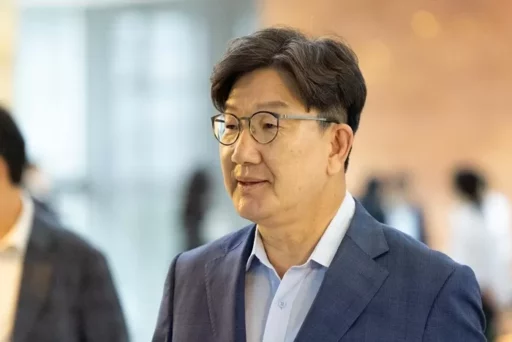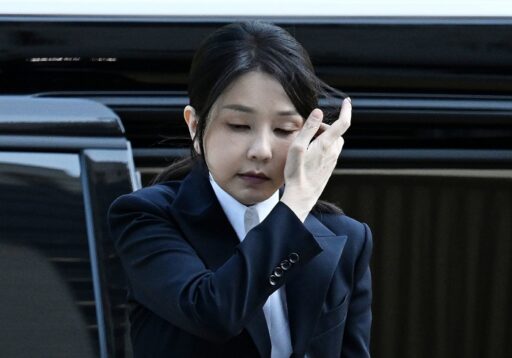Good news for debtors during the COVID-19 era: 3.24 million people support credit recovery
The delinquency records of 3.24 million individuals who have diligently paid off their delinquent debts accrued during the economic hardships of the COVID-19 pandemic will be removed.
This measure marks the largest credit amnesty in history, and it is expected to provide new economic opportunities for many ordinary citizens and small business owners.
On the afternoon of the 11th, Justice Minister Jeong Seong-ho stated during a briefing on the Liberation Day special amnesty held at the Government Seoul Building, "We plan to implement credit recovery support measures that limit the sharing and utilization of delinquency information so that ordinary citizens and small business owners who have unavoidably delayed debt repayment in these tough economic circumstances can quickly return to normal economic activities."
The Financial Services Commission announced plans to implement this credit recovery support measure starting from next month on the 30th. This initiative is an important policy that offers a new beginning to many citizens affected by the economic shock of COVID-19.
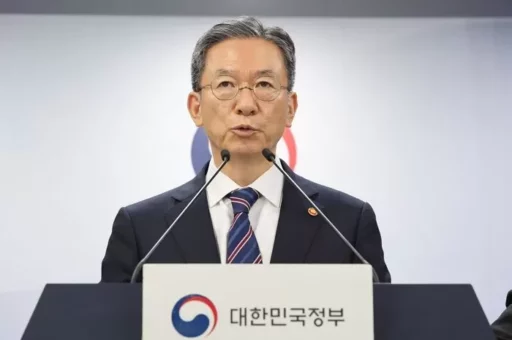
Target and benefits of delinquency record deletion
The targets for the deletion of delinquency records include individuals and sole proprietors who have repaid all debts of 50 million won or less that occurred from January 1, 2020, to August 31 of this year by December 31.
The number of eligible recipients is about 3.24 million, of which 2.72 million have already fully repaid their debts and qualify for credit recovery support. The remaining 520,000 can also receive support benefits if they repay all their delinquent debts by the end of the year.
It is noteworthy that the scope of this measure has been expanded compared to previous credit recovery support measures. In similar measures implemented in 2021 and 2022, only "debtors with delinquencies of less than 20 million won" were targeted, but this time, the threshold has been raised to "50 million won or less."
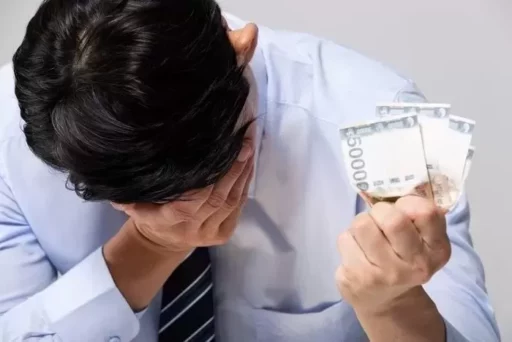
The Financial Services Commission explained the background of this expansion, stating, "Considering it is a time of emergency due to overlapping factors such as the extension of COVID-19-related damages and sustained high-interest rates leading to economic stagnation," and added, "We also considered the government’s ongoing standards for long-term small delinquent debt restructuring support (unsecured debts of 50 million won or less that have been delinquent for more than seven years)."
Unprecedented scale of credit amnesty and expected effects
The number of beneficiaries from this measure is the largest ever recorded.
A Financial Services Commission official remarked, "Last year's credit recovery support measure targeted about 2.86 million individuals, making this the largest in terms of the number of recipients," and added, "The recent situation has significantly impacted the number of beneficiaries due to the difficulties faced."
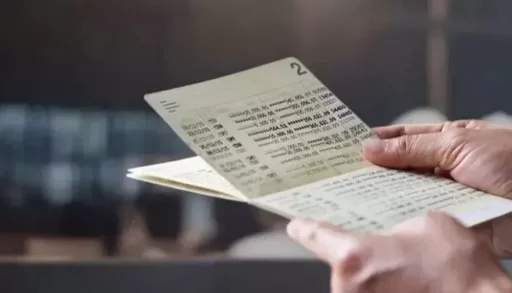
In response to concerns about potential "moral hazard," the Financial Services Commission stated, "Only those borrowers who fully repay their delinquencies will be eligible for credit recovery support, so concerns about moral hazard are limited," asserting, "They won’t endure the disadvantages caused by delinquency for long, hoping for vague credit recovery support."
The Financial Services Commission anticipates that "those who have diligently completed their debt repayments under this measure can expect to experience no disadvantages in terms of interest rates, limits, or new loans due to an increase in their credit scores."
Through this, it is expected that many ordinary citizens and small business owners who have faced economic difficulties due to COVID-19 will have a platform to return to normal economic activities.
Image source: Justice Minister Jeong Seong-ho announces the names for the special amnesty for Liberation Day at the Government Seoul Building in Jongno-gu, Seoul, on the afternoon of the 11th. This Liberation Day special amnesty list, which is the first under the Lee Jae-myung government, includes individuals like former Justice Party leader Cho Kuk and his wife, former Democratic Party lawmaker Choi Kang-wook, former lawmaker Yoon Mi-hyang, former Seoul Education Superintendent Cho Hee-yeon, former People Power Party lawmaker Jeong Chan-min, and others. 2025.8.11 / News1, reference photo for understanding the article / gettyimagesbank

